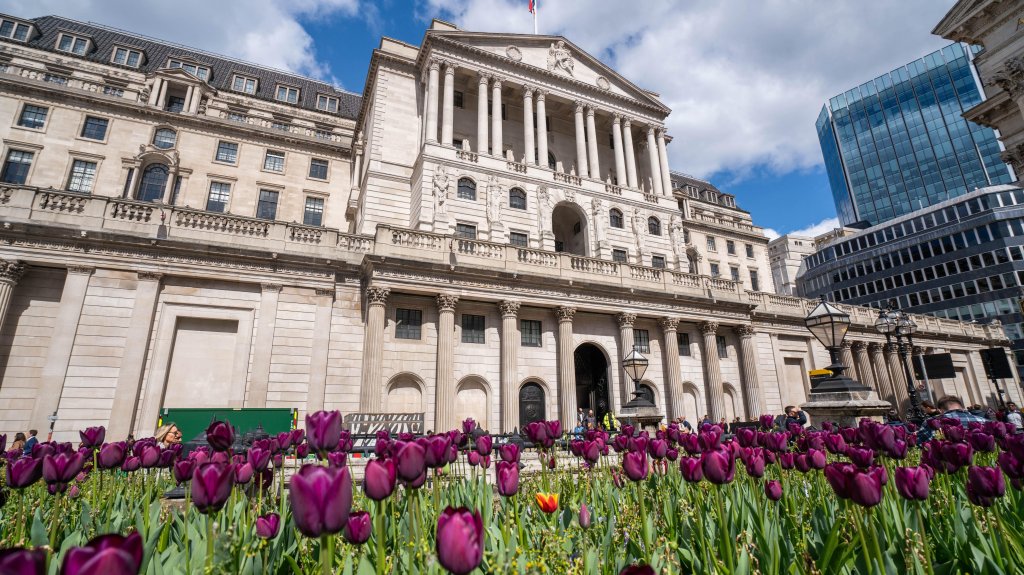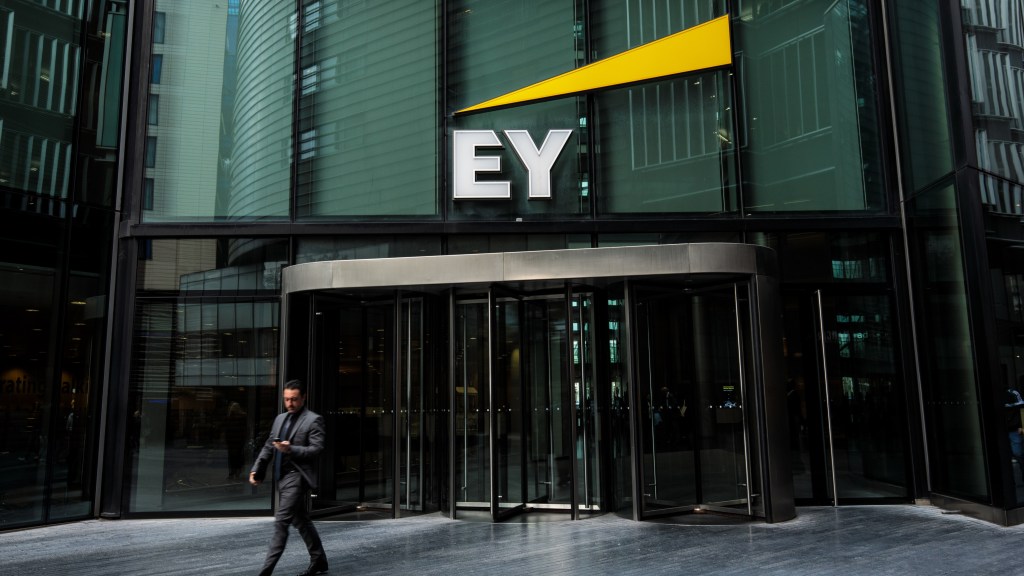Companies Forecast Increased Inflation in the Coming Year
Businesses are projecting that inflation will rise over the next year, with expectations for wage growth to slow down. This scenario leads analysts to believe that the Bank of England will implement gradual interest rate reductions.
A survey conducted by the Bank, which focused on corporate decision-makers in August, indicates that inflation is anticipated to reach 2.6 percent in a year, a slight increase from the current rate of 2.2 percent. In July, companies had expected this rate to rise to 2.5 percent.
Looking ahead three years, the inflation rate is expected to remain above the Bank of England’s target of 2 percent, with a forecast of 2.7 percent, according to the research from the decision-maker panel.
Members of the monetary policy committee at the central bank, responsible for setting the base interest rate at regular intervals, closely monitor this survey to identify trends in inflation, wages, and employment. Continued elevated inflation expectations may lead a majority of the committee to decide to keep interest rates steady at their upcoming meeting on September 19.
Central banks aim to suppress rising inflation expectations as prices increase to prevent a cycle of higher prices and wage demands. Although interest rate hikes have limited effect on inflation caused by external factors, such as the aftermath of Russia’s 2022 invasion of Ukraine, they can help manage future inflation expectations.
Over the next year, companies plan to limit pay increases, even though they still expect them to be significant. Over the past year, businesses increased salaries by an average of 5.7 percent, but they are now looking to implement an average increase of 4.1 percent.
Similarly, businesses also plan to temper price increases. Last month, decision-makers indicated they expected to raise prices by an average of 3.4 percent over the next year, down from a previous expectation of 3.7 percent.
Rob Wood, chief UK economist at Pantheon Macroeconomics, commented, “We see sufficient indicators to suggest that wage growth and inflation will remain above target levels for a longer period than the MPC anticipates. We expect the MPC to lower interest rates again in November and February, then pause for six months as disinflation occurs gradually.”
This slower adjustment of interest rates may not align with market expectations, which anticipate one or two further cuts this year, with rates anticipated to fall to approximately 3.5 percent by the end of the following year. In their last meeting on August 1, the MPC narrowly favored lowering borrowing costs by 25 basis points to a rate of 5 percent, marking the first interest rate cut since March 2020.
Tomasz Wieladek, chief European economist at T. Rowe Price, expressed, “The persistence of CPI inflation expectations will keep the Bank of England vigilant. We forecast the Bank to cut rates at a quarterly pace over the next six to twelve months, which is considerably slower than current market predictions.”
Last month, challenges in hiring appeared to ease, with 42 percent of respondents indicating that recruitment was at a normal level, up from 36 percent the previous month. In contrast, only 11 percent of firms reported normal recruitment conditions in October 2021.






